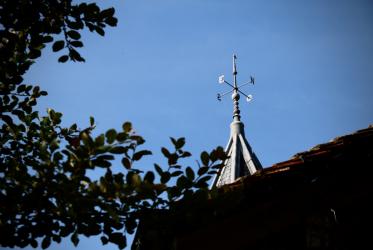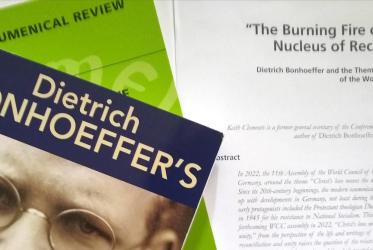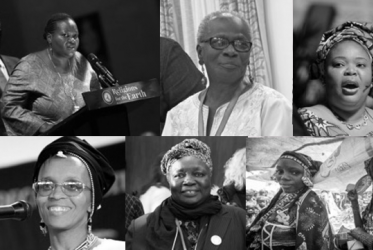Displaying 1 - 20 of 25
Ahead of Her Time
Pan-African Women of Faith and the Vision of Christian Unity, Mission, and Justice
01 November 2023
Thirty days that changed the ecumenical movement
23 October 2023
WCC executive committee to hold first in-person meeting in two years
12 November 2021
#WCC70: Nathan Söderblom, ecumenical pioneer
29 August 2018
Pope Francis at the World Council of Churches
31 May 2018
Konrad Raiser shares ecumenical journey of transformation
06 February 2018
Hielke Wolters: Apostle of mission strategies
01 August 2016
WCC conference explores ecological injustice in Uganda
21 April 2016
Joint Working Group: 50 years of mutual commitment
22 June 2015














